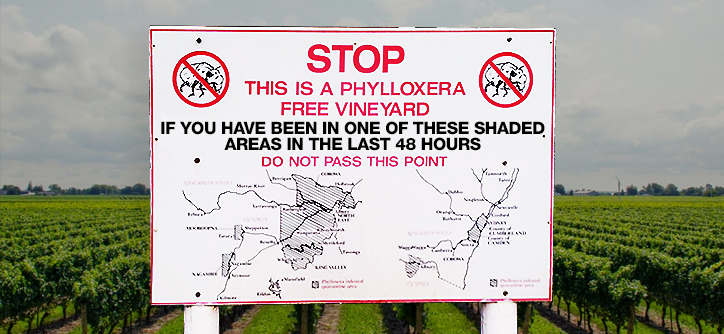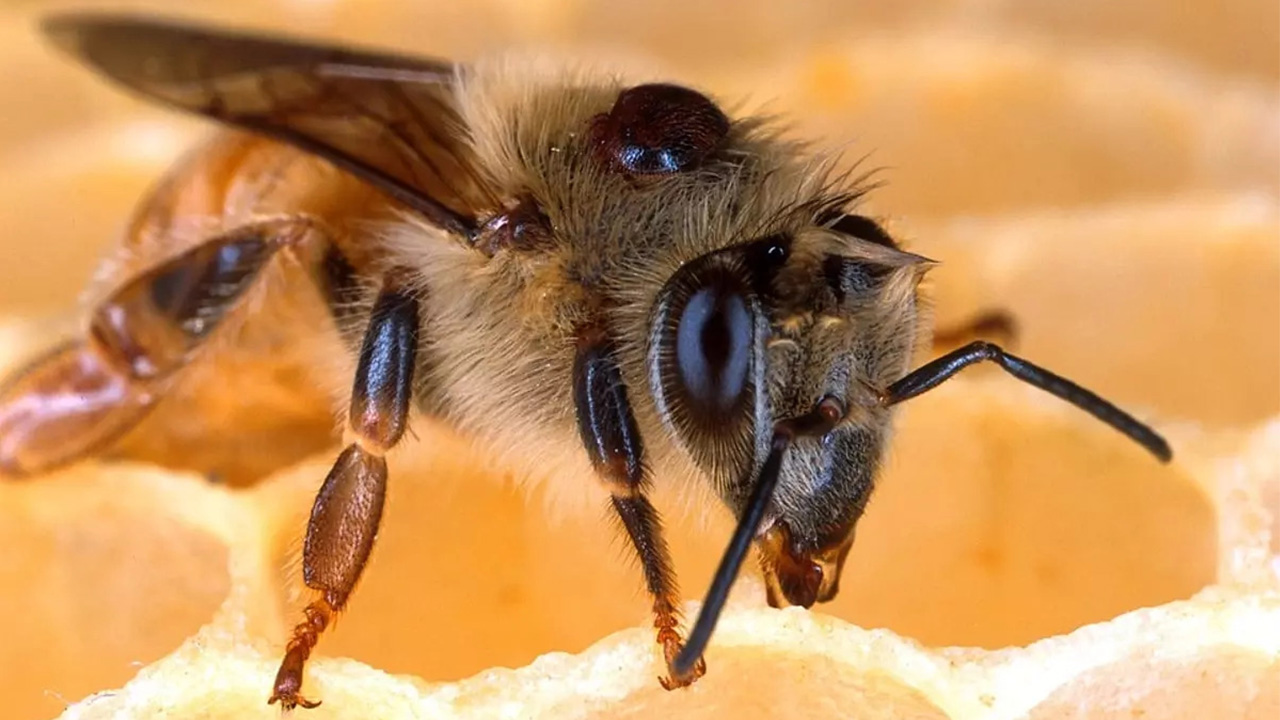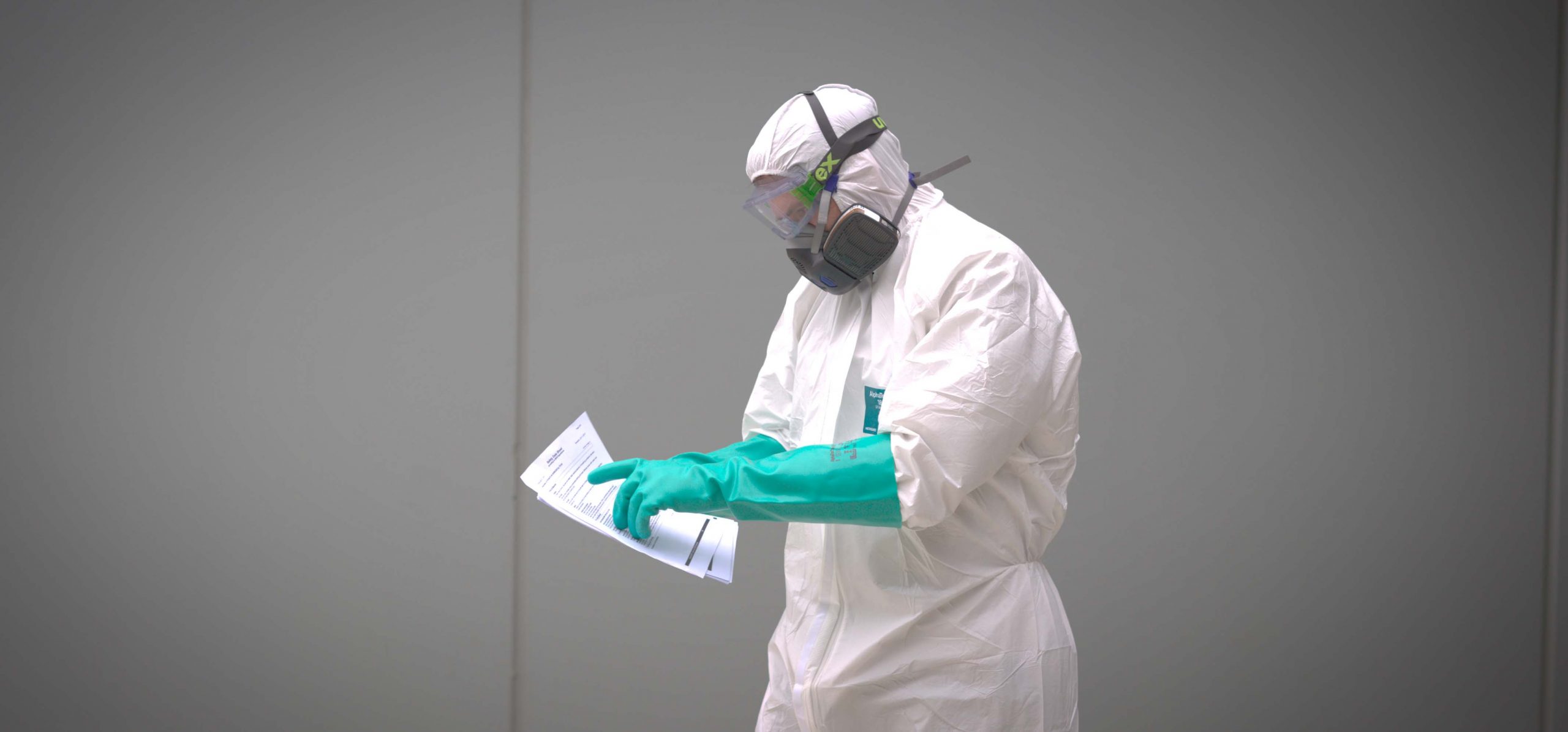It has been a challenging time for Biosecurity Queensland recently dealing with several biosecurity events:
- the TR4 Fusarium Wilt (Panama Disease) in bananas
- the White Spot Disease (WSD) outbreak in prawns
- the appearance of pests like the Asian Honey bee and Varroa mite (jacobsoni species).
According to the Australian Banana Growers Council, banana production in Australia is worth around 600 million dollars and so keeping fungal diseases such as Panama under control is critical, given 90% of the banana varieties grown are susceptible to this race 4 strain of the fungus.
Spare a thought also for the prawn farmers in the Logan river region between Brisbane and the Gold Coast who have had their entire stock of prawns destroyed due to WSD, in a bid to contain the disease and stop it spreading into the wild crustacean population.
Given these pest and disease incursions it seems very timely that there is a general biosecurity obligation on all residents in QLD now that the Biosecurity Act 2014 is in effect, and as always is the case it seems like the best course for growers is prevention rather than cure.
So we see banana growers only buying planting material from accredited nurseries for the supply of tissue culture plants as opposed to sourcing suckers and plant bits from neighbors. These practices are not only BMP for on farm biosecurity but represent a good example of growers taking proactive steps to help minimize the biosecurity risk on their property and industry in general.
Growers can take comfort in the knowledge that the accredited tissue culture nurseries (part of the Quality Banana Approved Nurseries (QBAN)) that they buy from are underpinned by the appropriate code of practice as certified by Biosecurity QLD.
Biosecurity on banana farms is further enhanced through cultural controls such as hygiene and vehicle washdown, and DAF scientists have found that the quarternary ammonium products such as Sterimax and Sporekill work best at killing TR1 spores in bananas, backed up by work in the NT on TR4 spores, the key is to maintain the correct concentration at 1 %. Remember Paracelsus and his concept that the dose makes the poison.
Just as with the multi-pronged approach involved in integrated pest management, biosecurity techniques are also multi-disciplinary but the buck stops with quarantine at our borders, or even beyond to our closest neighbours given Papua New Guinea is only 100 odd kms away at the closest point. Obviously at a farm/workplace, quarantine level it is critical to restrict and control unauthorized entry of people and vehicles through signage and gates at key access points.
Controlling the movement of vertebrate pests such as pigs and wild dogs is more difficult and often requires considerable capital expenditure in robust fencing, but this has proved to be the only viable mechanism of ongoing profitability for sheep graziers in areas of high wild dog populations as well as having obvious benefits for banana growers in restricting wild pigs from moving soil bourne pathogens from one property to another.
So how does a grower manage the complexity of biosecurity across the months and years, and demonstrate this to discerning customers, through the various crop Best Management Programs and Quality Accreditation?
For an increasing number of growers, verification of the proactive biosecurity management practices in place on farm is provided through compliance with the Freshcare Environmental Standard . Freshcare is widely adopted as an accredited food safety & quality standard, but with an increasing focus on environmental assurance and business sustainability, given that growth in uptake of the Freshcare environmental standard is on the increase.
Clare Hamilton-Bate, Freshcare’s Executive Officer, goes on to say that “ With growers already doing so much to protect both their own operations and wider industry from biosecurity risk, it’s important to provide a mechanism to independently verify those practices and thus provide recognition of that proactive approach ”. The Freshcare standards, and associated training and implementation support, also provides a mechanism through which other businesses can be encouraged to start to participate, thus lifting the bar for everyone’.
In summary, with the total value of farm produce in 2016/2017 forecast by ABARES to be around $58.5 billion and with the ever increasing number of people moving across our borders and food imports also on the rise, robust biosecurity measures are paramount.
This concerns all of us, not only at the farm and national level as well as beyond to our closest neighbours, for as we have experienced recently with some of the recent pest and disease incursions, our island status provides us only partial immunity from incursion.
Let’s add to the great efforts of our biosecurity teams and AQIS by playing our part at the local level in terms of biosecurity and the freedom that it provides from exotic pests and diseases, for prevention is always better than the cure.




